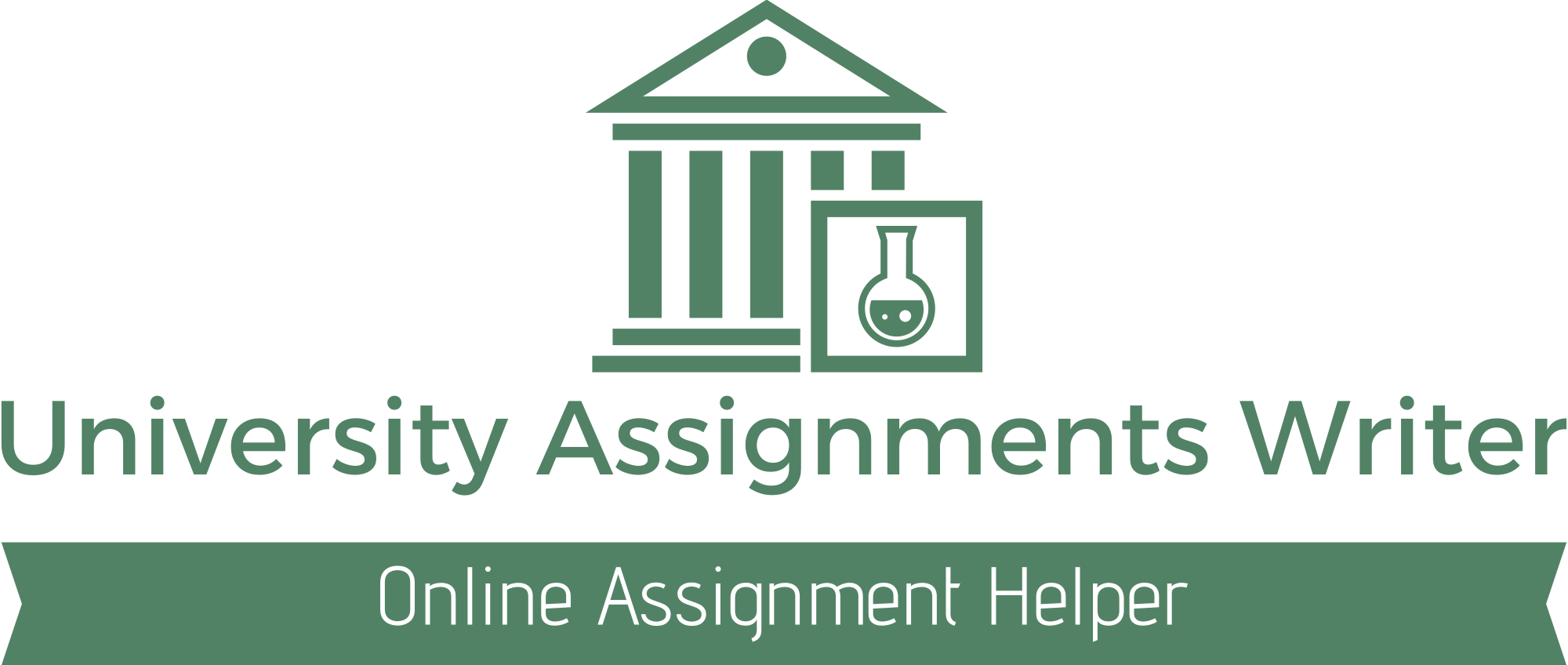[SOLVED 2024] Post a description of the focus of your scenario. Describe the data that could be used and how the data might be collected and accessed. What knowledge might be derived from that data? – Fast, Quality and Affordable Assignment Expert
Post a description of the focus of your scenario. Describe the data that could be used and how the data might be collected and accessed
In the modern era, there are few professions that do not to some extent rely on data. Stockbrokers rely on market data to advise clients on financial matters. Meteorologists rely on weather data to forecast weather conditions, while realtors rely on data to advise on the purchase and sale of property. In these and other cases, data not only helps solve problems, but adds to the practitioner’s and the discipline’s body of knowledge.
Of course, the nursing profession also relies heavily on data. The field of nursing informatics aims to make sure nurses have access to the appropriate date to solve healthcare problems, make decisions in the interest of patients, and add to knowledge.
In this Discussion, you will consider a scenario that would benefit from access to data and how such access could facilitate both problem-solving and knowledge formation.
To Prepare:
- Reflect on the concepts of informatics and knowledge work as presented in the Resources.
- Consider a hypothetical scenario based on your own healthcare practice or organization that would require or benefit from the access/collection and application of data. Your scenario may involve a patient, staff, or management problem or gap.
By Day 3 of Week 1
Post a description of the focus of your scenario. Describe the data that could be used and how the data might be collected and accessed. What knowledge might be derived from that data? How would a nurse leader use clinical reasoning and judgment in the formation of knowledge from this experience?
Expert Answer and Explanation
Use of Data in Problem-Solving and Knowledge Formation
Case Overview
The scenario for this case focuses on an African American patient living in a low-income neighborhood who is diagnosed with type II diabetes. Access to data can significantly impact their healthcare journey. Through electronic health records (EHRs), this patient’s medical history, lab results, and treatment plans can be easily accessible to healthcare providers, enabling a more informed and coordinated approach to their care (Obad et al., 2023). Additionally, data-driven tools like mobile apps and wearable devices can help monitor blood glucose levels, activity, and dietary habits, providing real-time insights to the patient and their healthcare team.
Problem Solving
In this scenario, access to data facilitates problem-solving by identifying trends and patterns. The patient’s EHR data could reveal specific challenges they face due to socioeconomic factors, such as limited access to nutritious foods or barriers to medication adherence. Armed with this information, healthcare providers can tailor interventions to address these barriers, offering personalized solutions and resources that align with the patient’s circumstances (Obad et al., 2023).
Furthermore, data analysis could help identify correlations between the patient’s lifestyle choices and fluctuations in their blood sugar levels, empowering the patient to make informed decisions about their diet and exercise routines. Access to data can empower the patient to become an active participant in their own healthcare journey (McGonigle & Mastrian, 2022). With easy access to their health information, treatment plans, and self-monitoring data, the patient gains a sense of agency and ownership over their health.
They can track their progress, make informed decisions, and collaborate more effectively with their healthcare providers (Lv & Qiao, 2020). This patient-centered approach not only fosters a stronger patient-provider relationship but also instills a sense of empowerment and responsibility, ultimately leading to improved self-management of their diabetes.
Knowledge Formation
Knowledge formation is another significant benefit of data access. Over time, as the patient’s data accumulates, it can contribute to a deeper understanding of how type II diabetes affects individuals in similar socioeconomic contexts. Researchers and healthcare professionals can use aggregated, de-identified data to identify trends, risk factors, and effective interventions for this specific population (Kim et al., 2021).
This knowledge informs the development of targeted public health campaigns, educational materials, and community outreach initiatives, ensuring that healthcare resources and strategies are tailored to the unique challenges faced by low-income African American individuals with type II diabetes.
Access to data in the context of an African American patient with type II diabetes living in a low-income family can be transformative. It enables proactive problem-solving by uncovering challenges specific to the patient’s circumstances, thus allowing healthcare providers to offer tailored solutions (Lv & Qiao, 2020). Additionally, the accumulation and analysis of data contribute to the formation of knowledge that benefits both the patient and the broader community, ensuring more effective healthcare strategies and improved outcomes for individuals facing similar challenges.
References
Kim, E., Rubinstein, S. M., Nead, K. T., Wojcieszynski, A. P., Gabriel, P. E., & Warner, J. L. (2019, October). The evolving use of electronic health records (EHR) for research. In Seminars in radiation oncology (Vol. 29, No. 4, pp. 354-361). WB Saunders. https://doi.org/10.1016/j.semradonc.2019.05.010
Lv, Z., & Qiao, L. (2020). Analysis of healthcare big data. Future Generation Computer Systems, 109, 103-110. https://doi.org/10.1016/j.future.2020.03.039
McGonigle, D., & Mastrian, K. G. (2022). Nursing informatics and the foundation of knowledge (5th ed.). Jones & Bartlett Learning
Obad, A., Singh, R., Nasruddin, S., Holmes, E., & Rosenthal, M. (2023, July). The Development of a New Tool to Help Patients and Their Providers Evaluate Self-Management of Type 2 Diabetes Mellitus. In Healthcare (Vol. 11, No. 15, p. 2117). MDPI. https://doi.org/10.3390/healthcare11152117
Alternative Expert Answer and Explanation
Use of Data in Problem-Solving and Knowledge Formation
As explained by McGonigle & Mastrian (2022), the extensive use of technology at the workplace requires nurses to have technological skills. They need to understand current data and how they can incorporate it to better patients’ outcomes. As patients’ advocates data usage is paramount as they can understand the current trends in the health industry and how they can incorporate it into their workplace to improve the patients’ outcomes.
Additionally, through data, they can understand how to deal with some issues such as falls, readmissions, and infections as they can collect evidence from multiple sources within a short time (Booth et al., 2021). While data application is essential to the workplace, there are only a few nurses who can use it appropriately.
Nurse leaders need to focus more on ensuring that the nurses are given access to data and can use it to suggest changes or adjustments in hospital operations (Kaihlanen et al., 2021). It is also crucial to ensure that there is good interprofessional communication and teamwork as data should be collected from all medical practitioners who have a role to play in patient’s well-being.
A Hypothetical Scenario That Could Benefit From The Collection And Application Of Data
Hypothetically, nurses always deal with many patient’s fall risks. As part of their responsibility for patient safety, they can collect and analyze data on medication. Through the analysis, nurses can identify medications that have side effects such as impaired vision and balance and dizziness. Additionally, through the data, they can observe the number of patients who have been affected by the side effects.
From the data, they will be able to ensure that they avoid the medication, especially for patients who already have a high fall risk as it will only aggravate the situation. It is however crucial for them to be in good coordination with the physician to ensure they raise their concerns and that they are addressed appropriately. As a result of the data, the nurses will understand the importance of a closer observation of the patient, as they already have identified a fall possibility.
This will reduce the number of falls in the hospital. Without the data, the nurses will have to deal with more fall risks blindly as they will not be aware of the catalyst of the falls. This will lead to a waste of resources as there will be more nurses required to observe patients. However, with the data, the patients at risk of falls might receive different medications or can be assigned a nurse dedicated to observing them.
References
Booth, R. G., Strudwick, G., McBride, S., O’Connor, S., & Solano López, A. L. (2021). How the nursing profession should adapt for a digital future. BMJ, 373, n1190. https://doi.org/10.1136/bmj.n1190
Kaihlanen, A.-M., Gluschkoff, K., Laukka, E., & Heponiemi, T. (2021). The information system stress, informatics competence and well-being of newly graduated and experienced nurses: a cross-sectional study. BMC Health Services Research, 21(1). https://doi.org/10.1186/s12913-021-07132-6
McGonigle, D., & Mastrian, K. G. (2022). Nursing informatics and the foundation of knowledge (5th ed.). Jones & Bartlett Learning.
Place your order now for a similar assignment and get fast, cheap and best quality work written by our expert level assignment writers. Use Coupon Code: NEW30 to Get 30% OFF Your First Order
Use Coupon Code: NEW30 to Get 30% OFF Your First Order
Resources:
- McGonigle, D., & Mastrian, K. G. (2022). Nursing informatics and the foundation of knowledge (5th ed.). Jones & Bartlett Learning.
- Chapter 1, “Nursing Science and the Foundation of Knowledge” (pp. 7–17)
- Chapter 2, “Introduction to Information, Information Science, and Information Systems” (pp. 21–32)
- Chapter 3, “Computer Science and the Foundation of Knowledge Model” (pp. 35–64)
- Nagle, L., Sermeus, W., & Junger, A. (2017). Evolving Role of the Nursing Informatics SpecialistLinks to an external site.. In J. Murphy, W. Goosen, & P. Weber (Eds.), Forecasting Competencies for Nurses in the Future of Connected Health (212-221). Clifton, VA: IMIA and IOS Press. Retrieved from https://serval.unil.ch/
resource/serval:BIB_ 4A0FEA56B8CB.P001/REF - Sweeney, J. (2017). Healthcare informaticsLinks to an external site.. Online Journal of Nursing Informatics, 21(1).
FAQs:
- Post a description of the focus of your scenario. describe the data that could be used and how the data might be collected and accessed. what knowledge might be derived from that data? how would a nurse leader use clinical reasoning and judgment in the formation of knowledge from this experience?
- How would a nurse leader use clinical reasoning and judgment in the formation of knowledge from this experience? Which specialty integrates nursing science computer science and information science to manage and communicate data information and knowledge in nursing practice?
- Which specialty integrates nursing science computer science and information science to manage and communicate data information and knowledge in nursing practice?

Dan Palmer is a dedicated academic writing specialist with extensive experience supporting nursing students throughout their educational journey. Understanding the unique challenges faced by nursing students who balance demanding clinical rotations, family responsibilities, and rigorous coursework, Dan provides professional assignment assistance that helps students maintain academic excellence without compromising their other commitments.
With a comprehensive understanding of nursing curriculum requirements and academic standards, Dan delivers high-quality, thoroughly researched assignments that serve as valuable learning resources. His expertise spans various nursing disciplines, including clinical practice, healthcare ethics, patient care management, and evidence-based research.
Dan’s approach combines meticulous attention to detail with a commitment to timely delivery, ensuring that busy nursing students receive the support they need when they need it most. His professional assistance has helped countless nursing students successfully navigate their academic programs while maintaining their professional and personal responsibilities.
Committed to academic integrity and excellence, Dan Palmer continues to be a trusted resource for nursing students seeking reliable, professional assignment support.

